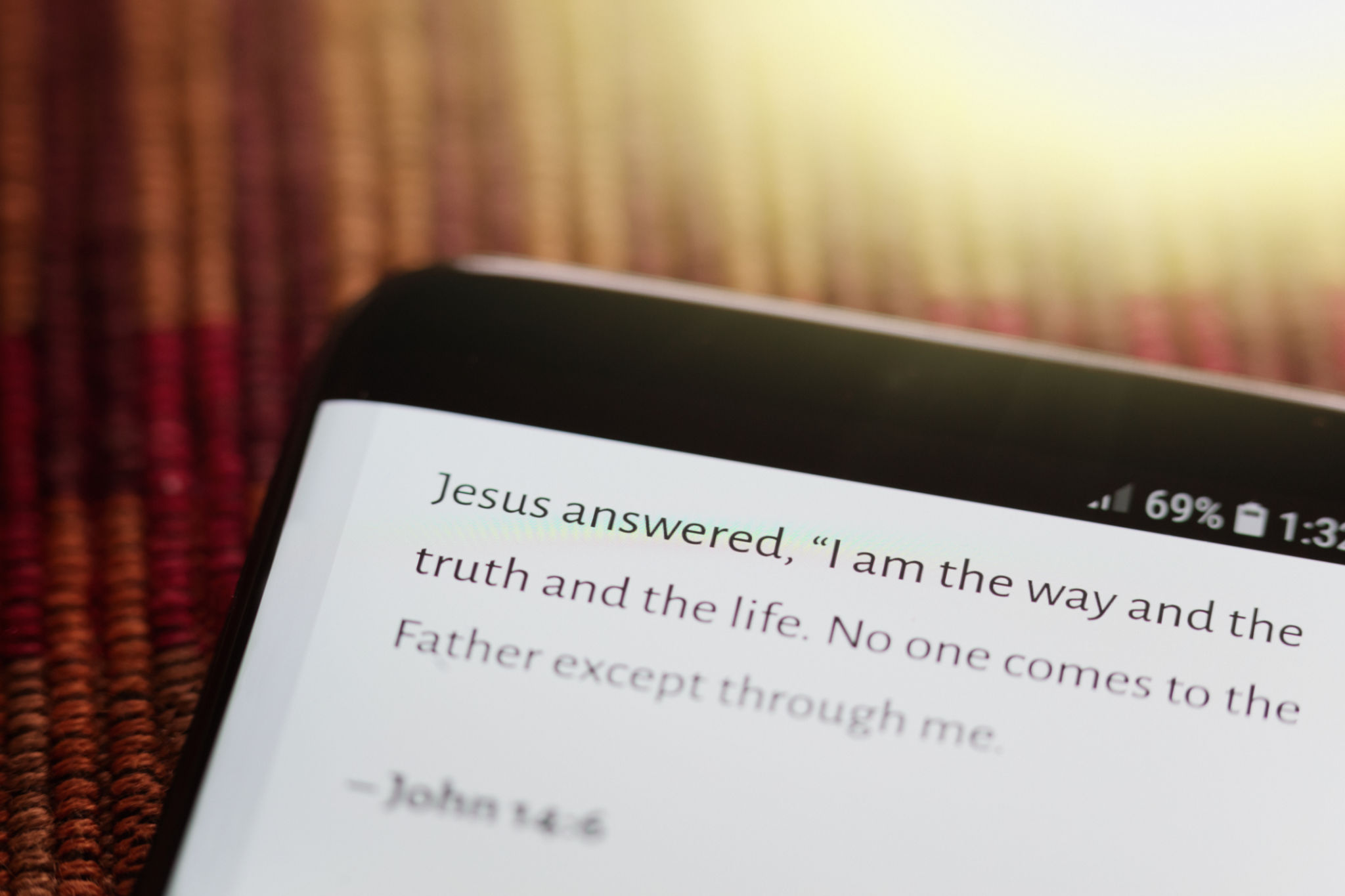Exploring Futuristic Biblical Stories: A New Perspective on Prophecies
Introduction to Futuristic Biblical Stories
The Bible has long been a source of inspiration and guidance, offering stories that span thousands of years and countless generations. Yet, as we progress into the future, there is an emerging trend of exploring these ancient texts through a futuristic lens. This new perspective on prophecies allows for a reinterpretation of biblical stories, offering fresh insights and relevance in today's rapidly changing world.

Reimagining Prophecies in a Modern Context
Prophecies have fascinated believers and scholars alike for centuries. Traditionally, these predictions were seen as messages regarding future events, often shrouded in mystery and symbolism. In a futuristic context, these prophecies can be reexamined, not just as predictions, but as allegories or lessons for modern society. By interpreting these ancient texts through the prism of current technological and societal advancements, we can uncover new meanings and applications.
The Role of Technology
Technology plays a significant role in reshaping our understanding of biblical prophecies. As we witness rapid advancements in artificial intelligence, biotechnology, and space exploration, themes of creation, redemption, and apocalypse take on new dimensions. For instance, the creation narrative can be reconsidered in light of genetic engineering and artificial life, while apocalyptic visions might resonate with concerns about climate change or global conflicts.

Symbolism and Metaphors
Biblical stories are rich with symbolism and metaphor, which can be reinterpreted to reflect contemporary issues. The story of the Tower of Babel, for example, could be seen as a cautionary tale about human ambition and the potential consequences of technological hubris. Similarly, the Exodus narrative might be viewed through the lens of migration and the quest for freedom in an interconnected world.
Futuristic Themes in Biblical Narratives
Futuristic biblical stories often explore themes such as hope, redemption, and renewal. These narratives provide a framework for understanding how humanity can navigate the challenges of the future while maintaining a sense of moral and ethical grounding. By engaging with these stories, individuals can find guidance and inspiration to face uncertain times with courage and resilience.

Engaging with Futuristic Interpretations
Engaging with futuristic interpretations of biblical stories encourages dialogue and reflection among diverse communities. It invites readers to question traditional interpretations and consider alternative viewpoints. This practice not only deepens one's understanding of the text but also fosters a sense of shared exploration and discovery among believers and non-believers alike.
The Impact on Faith Communities
For faith communities, exploring futuristic biblical stories can be both challenging and enriching. It prompts congregations to think critically about their beliefs and how they apply to modern life. By embracing these new interpretations, religious organizations can remain relevant and adaptive, providing meaningful guidance in an ever-evolving world.
Conclusion: A New Lens on Ancient Wisdom
In conclusion, viewing biblical stories through a futuristic perspective offers an exciting opportunity to deepen our understanding of these timeless texts. By embracing the intersection of ancient wisdom and modern advancements, we can uncover new layers of meaning that resonate with today's challenges. This approach not only revitalizes our engagement with the Bible but also inspires us to live with hope and purpose in an uncertain future.
